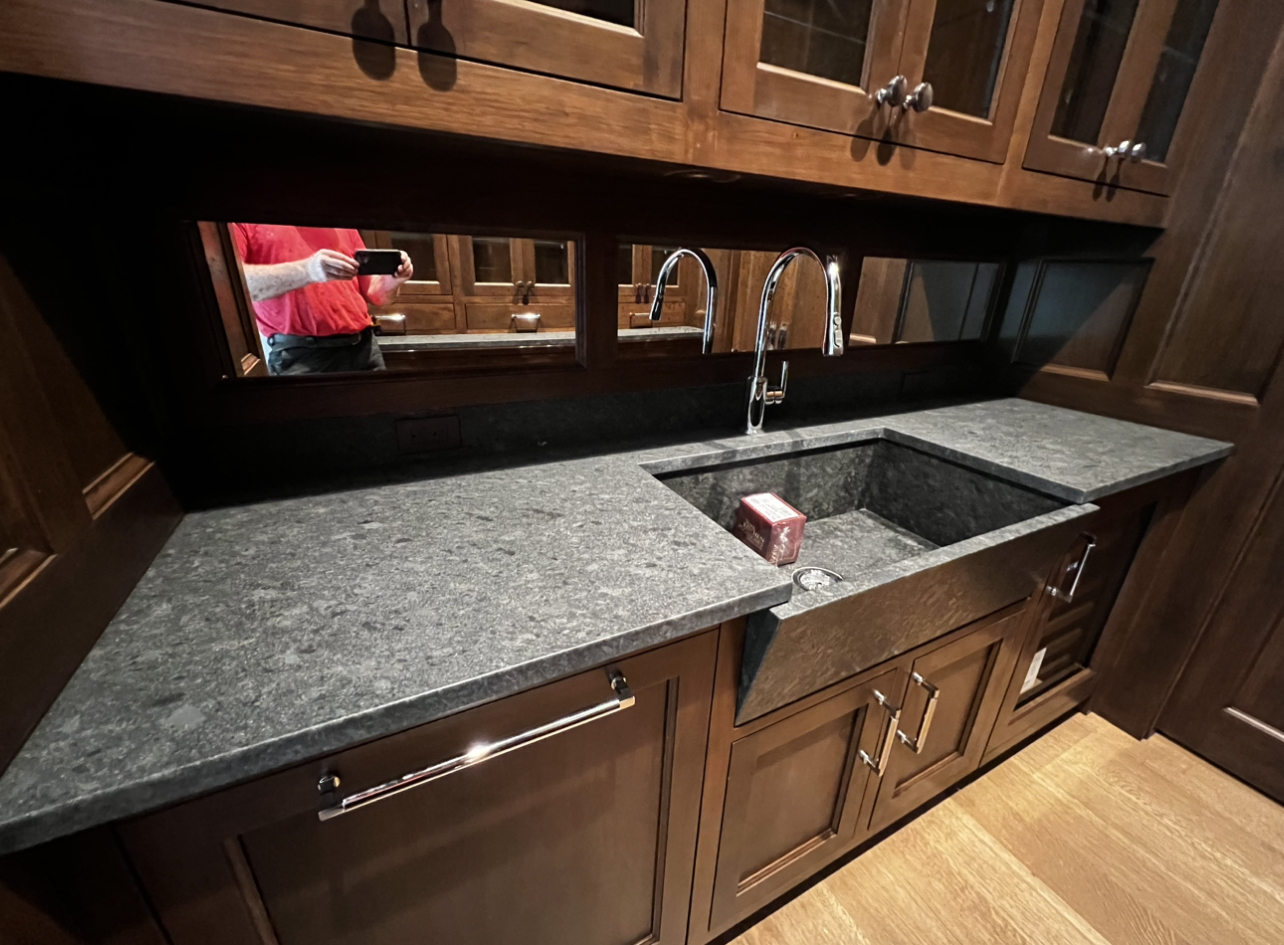Imagine this: you’re about to clean up after dinner, but as you flip the switch to your garbage disposal, all you hear is a humming noise — and nothing happens. This common household problem is frustrating and can indicate underlying issues that need immediate attention.
A humming disposal indicates power is going to the unit, but the blades aren’t spinning. Whether the disposal is jammed, experiencing electrical issues, or facing other mechanical failures, there are specific troubleshooting and repair methods that can resolve most problems. By learning to diagnose and remedy these issues, homeowners can save time, avoid the cost of unnecessary replacements, and extend the life of their garbage disposal.
This article will delve into the reasons behind a humming garbage disposal and provide a comprehensive guide to fixing this issue. We will explore the mechanics behind the problem and how to address it, with recommendations for when to call a plumber.
Garbage disposals are a staple in many kitchens, offering a convenient way to manage food waste. These devices have a motor that powers a grinding chamber. Inside this chamber, food scraps you feed down the sink drain meet a spinning or impeller plate equipped with small, sharp blades.
As the plate spins, it forces the food against a grind ring, which shreds it into tiny particles. This process transforms bulky food waste into fine particles that can easily pass through plumbing without causing clogs.
Water plays a crucial role in garbage disposal operation. Running water from the tap helps move ground food waste through the grinding chamber and into the plumbing system, ensuring a smooth disposal process.
It’s a simple yet effective mechanism that helps reduce the amount of waste going to landfills and keeps kitchen sinks clean and free from clogging debris. With proper use and maintenance, garbage disposals can be an efficient and eco-friendly tool in any kitchen.
Navigating the complexities of garbage disposal maintenance and repair reveals that some issues extend beyond the reach of DIY fixes. Whether it’s persistent humming, water leaks, unusual noises, or just a system that’s seen better days, the need for professional intervention becomes apparent.
In these situations, Caswell Heating and Plumbing is your garbage disposal solution in Massachusetts. We understand the inconvenience and potential hazards associated with garbage disposal issues. That’s why we’re committed to providing prompt, effective solutions that restore your peace of mind and the functionality of your kitchen.
Don’t let a humming garbage disposal disrupt your daily routine or compromise your safety. Contact Caswell Heating and Plumbing today for a comprehensive evaluation and the highest standard of professional care. Let us take the worry off your hands, ensuring your garbage disposal system works flawlessly and efficiently for years to come.

